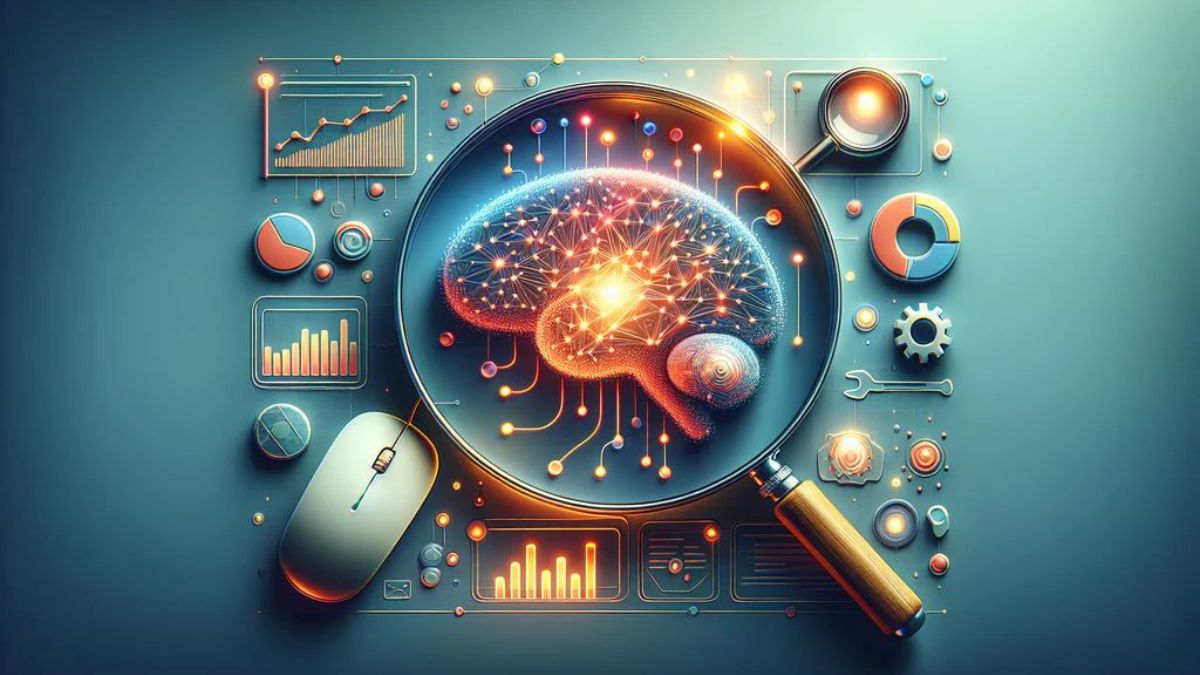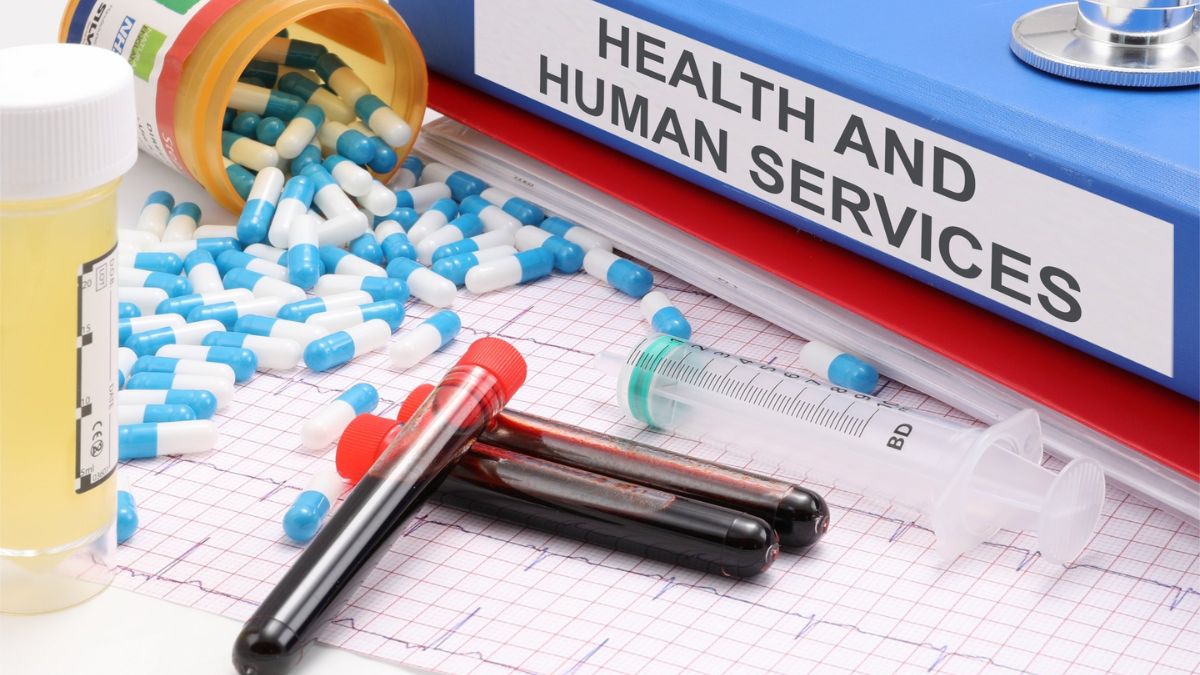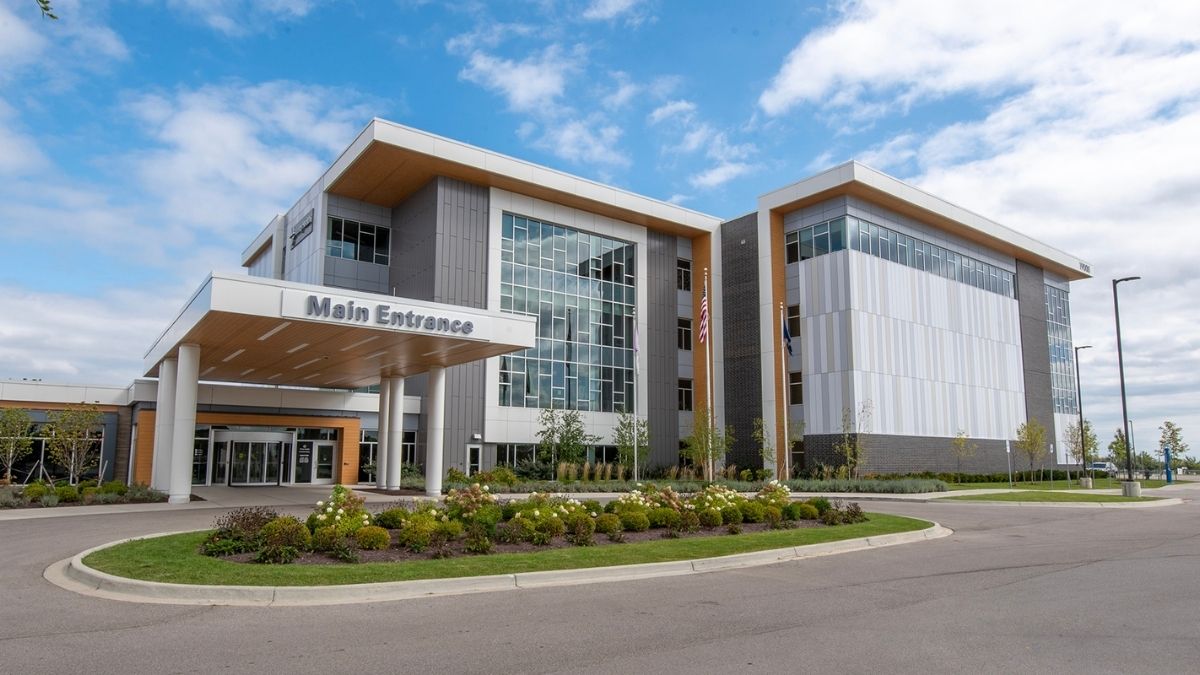Health and Human Services (HHS) is a critical sector dedicated to enhancing public health, providing essential social services, and ensuring the well-being of individuals and communities. This article explores the functions, importance, programs, and challenges of Health and Human Services, offering insights into its impact on society.
What Is Health and Human Services?
Health and Human Services refers to a broad range of programs and initiatives aimed at improving health outcomes, offering medical care, supporting vulnerable populations, and promoting social welfare. In the United States, the Department of Health and Human Services (HHS) is the primary federal agency responsible for these services.
Key Functions of HHS
- Public Health Protection – Preventing disease outbreaks, ensuring food and drug safety, and promoting healthy lifestyles.
- Healthcare Access – Administering programs like Medicare and Medicaid to provide medical coverage.
- Social Services – Supporting low-income families, children, the elderly, and individuals with disabilities.
- Medical Research – Funding cutting-edge research through agencies like the National Institutes of Health (NIH).
- Disaster Response – Coordinating emergency health services during crises.
Major Agencies Under the HHS Umbrella
The U.S. Department of Health and Human Services oversees multiple agencies, each specializing in different aspects of health and welfare:
- Centers for Disease Control and Prevention (CDC) – Focuses on disease prevention and public health education.
- Food and Drug Administration (FDA) – Ensures the safety of food, drugs, and medical devices.
- National Institutes of Health (NIH) – Leads biomedical research to advance medical knowledge.
- Centers for Medicare & Medicaid Services (CMS) – Manages government healthcare programs.
- Administration for Children and Families (ACF) – Supports child welfare, foster care, and family assistance.
- Substance Abuse and Mental Health Services Administration (SAMHSA) – Addresses mental health and addiction issues.
Key Programs and Initiatives
1. Medicare and Medicaid
- Medicare provides health coverage for seniors (65+) and certain disabled individuals.
- Medicaid offers healthcare to low-income families, funded jointly by federal and state governments.
2. Affordable Care Act (ACA)
The ACA expanded healthcare access by creating insurance marketplaces and protecting patients with pre-existing conditions.
3. Supplemental Nutrition Assistance Program (SNAP)
SNAP (formerly food stamps) helps low-income families afford nutritious food.
4. Head Start Program
Provides early childhood education, nutrition, and parental support to disadvantaged children.
5. Ryan White HIV/AIDS Program
Offers medical care and support services for individuals living with HIV/AIDS.
The Importance of Health and Human Services
1. Improving Public Health
HHS initiatives like vaccination programs and anti-smoking campaigns have significantly reduced preventable diseases.
2. Reducing Health Disparities
Programs targeting underserved communities help bridge gaps in healthcare access.
3. Supporting Vulnerable Populations
From foster care to disability services, HHS ensures that marginalized groups receive necessary support.
4. Advancing Medical Research
NIH-funded research has led to breakthroughs in cancer treatment, vaccines, and chronic disease management.
Challenges Facing Health and Human Services
Despite its successes, the HHS sector faces several challenges:
1. Funding Limitations
Budget constraints can restrict the expansion of vital programs.
2. Rising Healthcare Costs
The increasing expense of medical care strains public health systems.
3. Health Inequities
Racial, economic, and geographic disparities persist in healthcare access.
4. Cybersecurity Threats
Protecting patient data from breaches is an ongoing concern.
The Future of Health and Human Services
1. Telehealth Expansion
Virtual healthcare services are becoming more prevalent, improving access for rural and homebound patients.
2. AI and Big Data in Healthcare
Artificial intelligence is revolutionizing diagnostics, treatment plans, and public health tracking.
3. Focus on Mental Health
Increased funding and awareness are helping address the mental health crisis.
4. Pandemic Preparedness
Lessons from COVID-19 are shaping better strategies for future outbreaks.
Conclusion
Health and Human Services plays a pivotal role in safeguarding public health, supporting vulnerable populations, and advancing medical research. While challenges like funding gaps and health disparities persist, innovations in telehealth, AI, and policy reforms promise a brighter future. By continuing to invest in and improve HHS programs, society can ensure better health outcomes for all.











